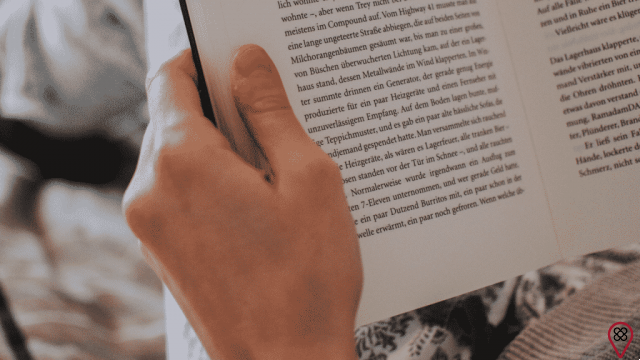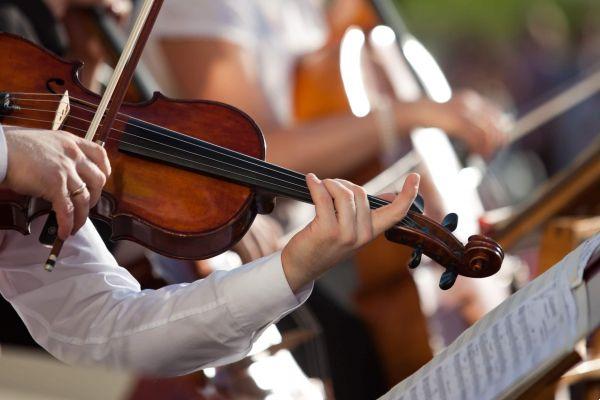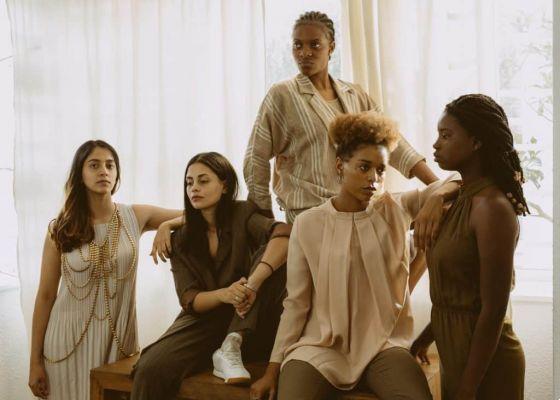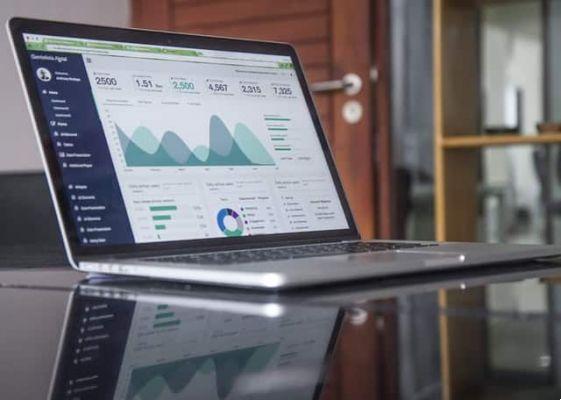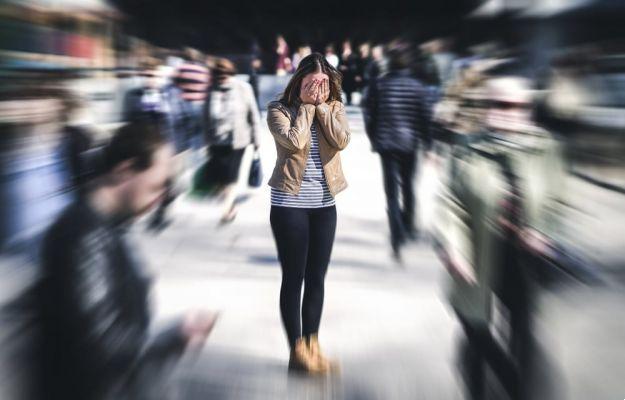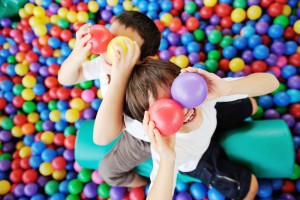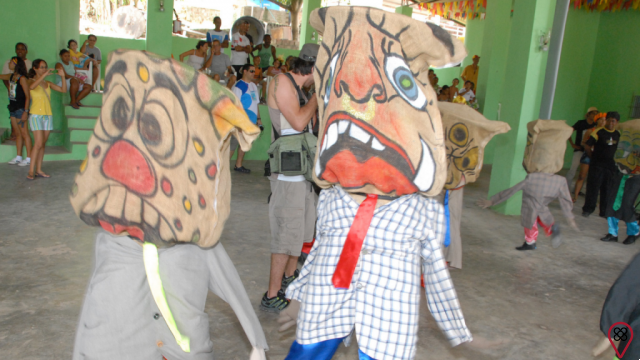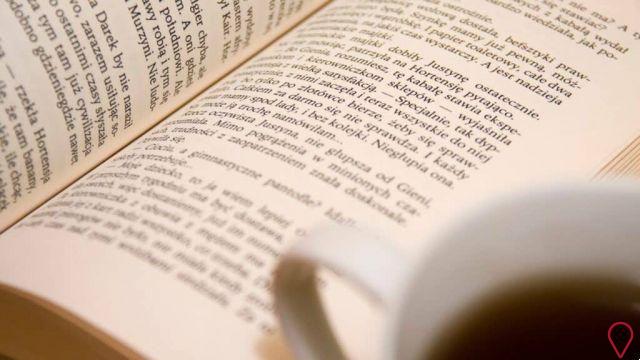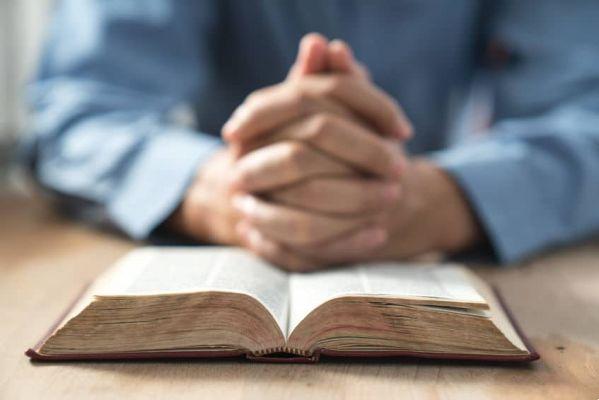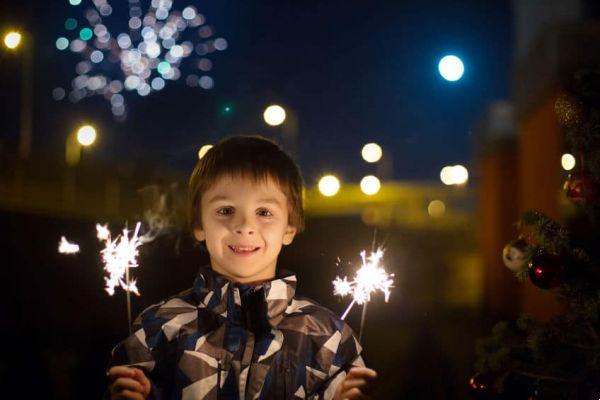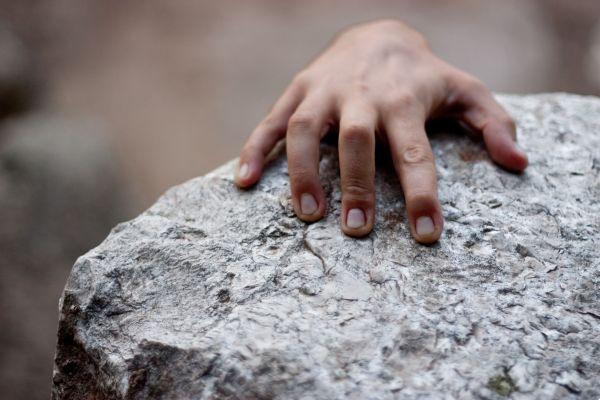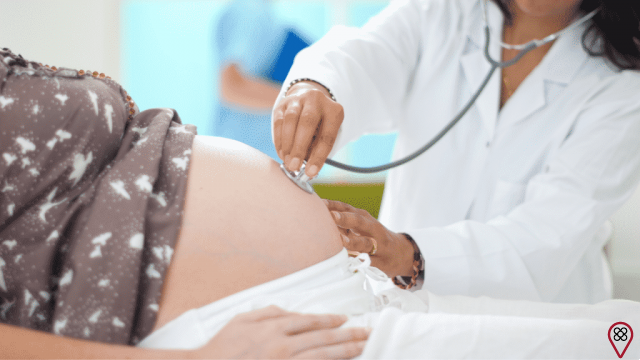The pandemic has completely changed all of our social structures: we have had to reflect and, many times, rebuild values that until then had never been reflected.
One of the issues that became controversial was in relation to the participation of parents in the education of their children. The family structure was constantly changing and parents no longer felt responsible for education, for preparing their children for the world. What we saw were parents working double and triple shifts trying to remedy this lack of construction of “being” by “having”. And we started to have children and young people with diagnoses of severe anxiety and even depression, aggression, where curiously most of these diagnoses were from families with a relative purchasing power. Until the pandemic arrived.
And suddenly everyone stayed at home, sharing spaces, opinions, ideas... it's sad to know that it took a world tragedy like a pandemic for parents and teachers to start looking more towards our future: our children.
The great concern of parents is whether their children will be able to read and write, whether they will miss the school year…
The question I want to leave for you, parents, is that you make the following reflection: what does Education really consist of? Are the practice of curricular content, specific subjects segmented by science, really the most relevant for our children at this moment? Do our children need to spend hours in front of the computer “watching” the online classes that go against the speech and research of any pedagogue? And how many of us, adults and parents, have never even attended a class in this model, right?
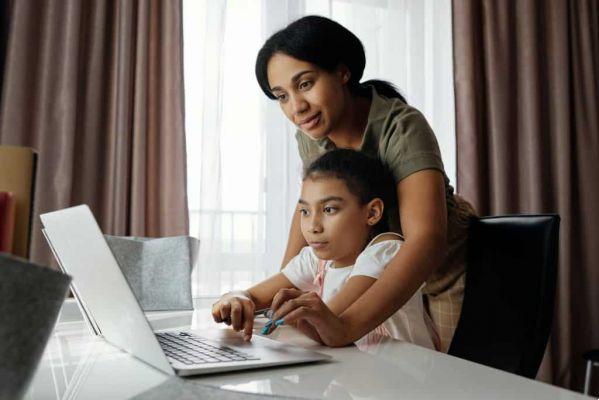
We cannot discount the alternative found (and perhaps the only one) for children to continue to have access to school curricula. But are they the most relevant?
Relaxing moments, more productive dialogues during lunch, sharing household tasks, watching movies, using technology to make video calls with friends and family that we haven't even visited in a while, reading stories, singing songs, aren't these important learnings?
We are going through a phase where the keyword is to rethink. We need to rethink the role of the school, the family, create new routines, new partnerships and especially new dialogues.
Surely, just like us, our children will take back memories of this time of quarantine unprecedented in our history. And may those memories be good, then!
You may also like
- Understand how homeschooling works during the pandemic
- See how lack of patience damages children's education
- Discover why develop emotional education
In short, without a doubt, this time will be engraved in memory: time to rethink the rhythm, to recreate affections, to think about new paths for education and what education really is. We worry so much about whether the child knows how to write their name, but why don't we start preparing them to be kinder? Instead of spending hours teaching math (teachers are in exhaustive research so that the resumption of classes and insertion of curricula are more effective), let's teach our children to thank, smile, respect. It would be much more productive to resume classes with children who are more aware of the importance of knowing, with an emotional charge full of joy, now with the accompaniment of their parents, children who are safer because they are sure they are not alone, with developed knowledge about technology, hygiene, socio-affective issues resolved, families more united… would it be the beginning of a backward generation, or a generation more prepared to face adversity?



